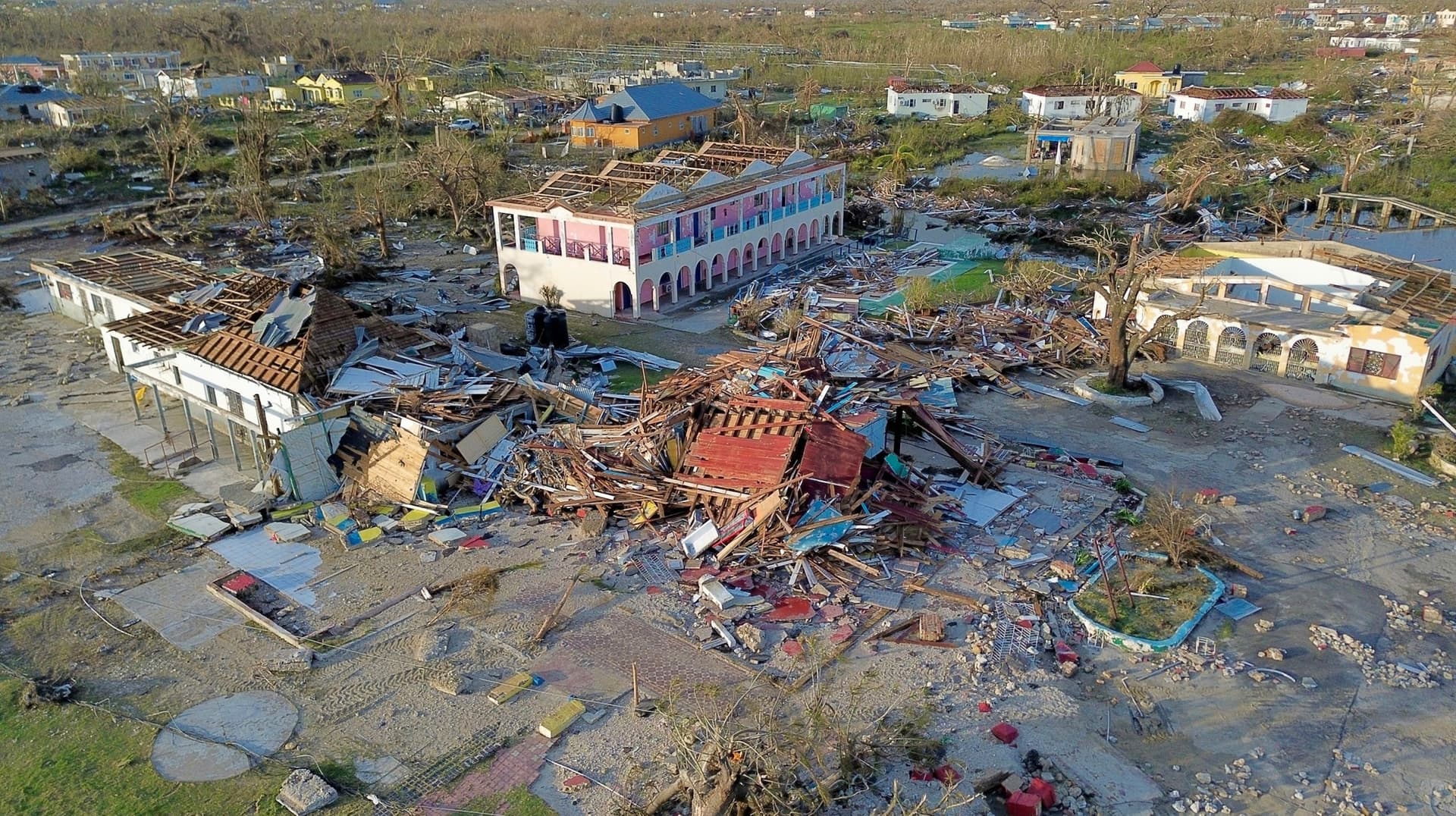Jamaica Declares Leptospirosis Outbreak After Hurricane Melissa, Threatens Vulnerable Communities
Jamaica’s health ministry declared a leptospirosis outbreak following flood conditions left by Hurricane Melissa, reporting multiple deaths and dozens of confirmed cases in affected parishes. Health teams are conducting contact tracing, distributing prophylactic antibiotics where appropriate, and expanding testing and treatment capacity to protect communities at greatest risk.

Jamaica’s health ministry announced on November 22 that an outbreak of leptospirosis had emerged in the wake of Hurricane Melissa, linking a rise in cases and several deaths to contaminated floodwaters that followed the storm. Officials attributed the increased exposure risk to widespread inundation in low lying communities, saying public health teams had been mobilized to trace contacts, distribute prophylactic antibiotics where appropriate, and urge residents to avoid contact with standing water and seek prompt care for febrile illness.
Leptospirosis is a bacterial infection transmitted through water contaminated with urine from infected animals, and it can produce a range of symptoms from mild fever and headache to severe organ dysfunction. In disaster settings, when sanitation infrastructure is compromised and people are displaced, the disease can spread more readily among those who wade through or live adjacent to floodwaters. The ministry’s report described emergency measures to expand laboratory testing and treatment capacity in the hardest hit parishes in an attempt to reduce preventable deaths.
The outbreak has sharpened long standing concerns about how storms and climate extremes exacerbate infectious disease risk in Jamaica and across the Caribbean. Public health practitioners and community leaders say the impact is felt most acutely by residents of informal settlements and rural areas where housing, drainage, and access to clean water are limited. Those communities often face barriers to medical care, including transportation, clinic capacity, and the economic consequences of missing work, factors that can delay diagnosis and increase the likelihood of severe outcomes.
Health teams have been focusing on rapid identification of symptomatic people and on outreach in neighborhoods where floodwaters persisted. Local clinics and emergency departments have been advised to prioritize testing and to ensure antibiotic treatment is available for those with suspected infection. The ministry has also emphasized the importance of basic prevention measures, including avoiding floodwater when possible and seeking early medical attention for fever, muscle pain, jaundice, or other concerning signs.
The outbreak underscores policy gaps in disaster preparedness and public health infrastructure. Experts contend that strengthening surveillance systems, investing in decentralized laboratory capacity, prepositioning medical supplies in high risk zones, and improving water and sanitation systems are essential to reduce future outbreaks. There is also a pressing equity question about ensuring that lifesaving interventions reach communities that are routinely underserved, especially in the immediate aftermath of storms when logistical challenges and competing priorities strain response efforts.
As recovery continues, advocates are calling for targeted resources to bolster primary care and community health worker networks, so outreach and treatment can proceed even when roads are impassable and clinics are overwhelmed. The health ministry has moved to expand capacity in affected parishes, but the broader response will test Jamaica’s ability to protect those most vulnerable to the intersection of climate driven disasters and infectious disease.


